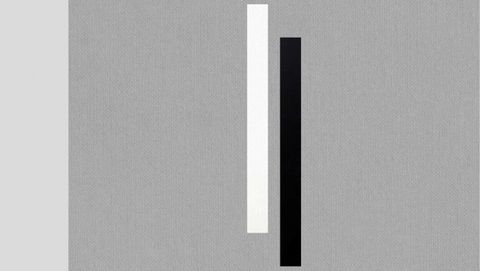For the longest time, it seemed as though we may never hear from The Early Years again. Their 2006 debut brought glowing praise from all corners, not least from the likes of Brian Eno, The Horrors and Damo Suzuki. But the four-piece simply couldn’t agree on where they should go next, torn between forging ahead with the explorative krautronica of their first album or, as drummer Phil Raines puts it, making “a song-oriented record”. The upshot was that they stopped recording altogether, only reuniting for a one-off single in 2011.
Thankfully, they’re now back in earnest, this second effort proving that they’ve lost none of their rumbling power. The Teutonic references are still very much in place, most explicitly on the twinkly Clusterisms of Clone Theory, though the songs are more considered and arranged. Doleful frontman David Malkinson summons the spirit of early Julian Cope or The Sound’s Adrian Borland, while the band fashion a gorgeous noise somewhere between the roving odysseys of Explosions In The Sky and Spiritualized’s spacey drone. They’re breathtaking in full flight, especially on Do It (Again) and the truly exquisite Nocturne.


